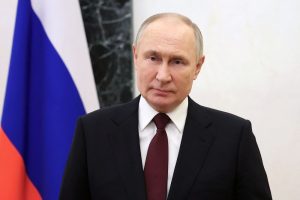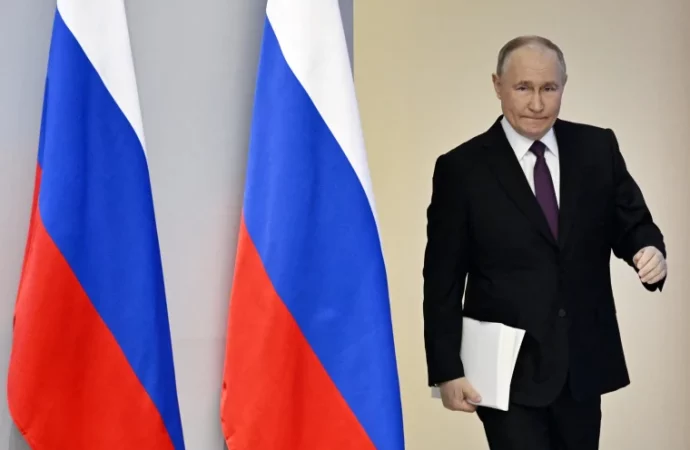In a significant diplomatic move, a recent summit of world leaders expressed strong support for Ukraine’s territorial integrity, particularly in the context of the ongoing conflict in the eastern Donbas region. The summit, held in [location] and attended by leaders from [list of countries], underscored the international community’s stance on upholding Ukraine’s sovereignty despite the
In a significant diplomatic move, a recent summit of world leaders expressed strong support for Ukraine’s territorial integrity, particularly in the context of the ongoing conflict in the eastern Donbas region. The summit, held in [location] and attended by leaders from [list of countries], underscored the international community’s stance on upholding Ukraine’s sovereignty despite the continued challenges posed by Russia’s actions in the region.
International Support for Ukraine

This image is taken from google.com
The summit’s declaration, issued at the conclusion of the meeting, reiterated the participating countries’ commitment to respecting Ukraine’s borders and territorial integrity. This reaffirmation comes at a critical juncture, with Ukraine still grappling with the aftermath of Russia’s annexation of Crimea in 2014 and the ongoing conflict in Donbas.
Key Points of the Declaration
- The declaration condemned any attempts to undermine Ukraine’s sovereignty and territorial integrity.
- It called for a peaceful resolution to the conflict in Donbas, emphasizing the importance of dialogue and diplomacy.
- The participating countries pledged continued support for Ukraine’s reform efforts and its path towards Euro-Atlantic integration.
Analysis of the Summit Declaration
The summit declaration sends a strong message of solidarity with Ukraine, particularly in light of Russia’s aggressive actions in the region. By explicitly condemning attempts to undermine Ukraine’s sovereignty, the declaration reaffirms the international community’s commitment to upholding the norms of territorial integrity and non-interference in the affairs of sovereign states.
Challenges Ahead
Despite the show of solidarity at the summit, significant challenges remain in resolving the conflict in eastern Ukraine. Russia’s continued support for separatist movements in Donbas, along with its annexation of Crimea, poses a formidable obstacle to achieving a peaceful resolution. Additionally, the complexities of navigating geopolitical interests in the region, including Russia’s strategic objectives and the divergent priorities of key international players, complicate efforts to reach a lasting settlement.
The Path Forward
Moving forward, sustained diplomatic efforts will be essential in addressing the root causes of the conflict and charting a path towards peace and stability in Ukraine. This will require a multifaceted approach that combines political dialogue, economic incentives, and international pressure on Russia to abide by its commitments under international law. Furthermore, continued support from the international community, both in terms of diplomatic backing and practical assistance, will be crucial in helping Ukraine navigate the challenges ahead and safeguard its territorial integrity in the face of ongoing threats and aggression.
Comparative Table: Countries’ Stances
| Country | Position on Ukraine’s Territorial Integrity | Comments |
|---|---|---|
| United States | Strongly supports | Continues to provide military and economic assistance to Ukraine |
| European Union | Strongly supports | Imposed sanctions on Russia following its annexation of Crimea |
| Russia | Does not support | Views Crimea as part of Russia, supports separatist movements in Donbas |
| China | Abstained | Often maintains a neutral stance on territorial disputes |
| India | Abstained | Prefers to focus on bilateral relations with Russia and Ukraine |
Conclusion
The summit’s backing of Ukraine’s territorial integrity Stance represents a significant diplomatic win for the country, bolstering its position in its ongoing disputes with Russia. While some nations abstained from fully endorsing the declaration, the overall message of support sends a clear signal that the international community stands united in upholding the principles of sovereignty and territorial integrity.
















